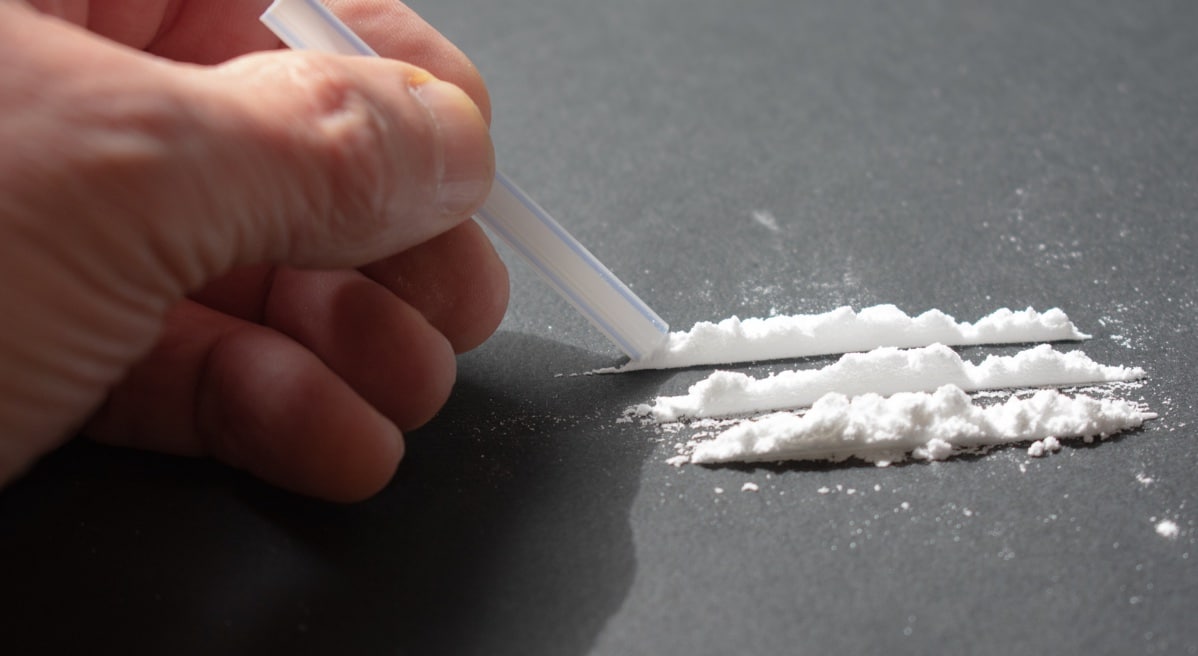Ecstasy can increase the risk of a heart attack even after a single use
The ingredients in ecstasy include various chemicals that can constrict arteries or cause other unwanted effects. With prolonged use, other symptoms may arise, which can pose additional risks for long-term heart problems. These include:
-Tachycardia (increased heart rate)
-Hypertension (high blood pressure)
-Cardiac arrest
-Heart attack
-Sudden death
If you experience any of these symptoms of heart problems, it is advisable to seek help from cardiologists and interventional cardiologists at PULS Cardiology Center, who can provide prompt and comprehensive diagnostics and determine the appropriate treatment.
Ecstasy is typically swallowed as a tablet but can also come in powder form. The effects of ecstasy are usually felt within 20 minutes to an hour after ingestion and last for about 3-4 hours. The comedown (or return to normalcy after the drug’s effects) can last from one to two days or up to a week.
People who are at special risk due to the use of ecstasy
People with certain conditions such as epilepsy, high blood pressure, heart disease, diabetes, kidney disease, or mood disorders or psychiatric conditions are at a higher risk of complications if they take ecstasy.
Heart and ecstasy
Continuous use of ecstasy can cause changes in the heart that can have long-term consequences, but even a single use can trigger a heart attack and heart failure. In individuals who have used or are currently using ecstasy, over time, it can lead to left ventricular hypertrophy, heart failure, and thickening of heart valves.
Heart attack induced by ecstasy
Ecstasy can increase the risk of a heart attack even after a single use. The mechanism of a heart attack is believed to be due to spasms in the heart arteries (similar to cocaine), which means that the heart is deprived of oxygen and sustains permanent damage. When using ecstasy, heart rate and blood pressure increase, which means that the heart experiences a double blow as it works harder due to adrenaline, but the spasm prevents blood from reaching the heart, leading to suffocation and death of heart muscle cells.
Tachycardia and ecstasy
Tachycardia is a type of arrhythmia that refers to a rapid heartbeat with a heart rate exceeding 100 beats per minute. It is caused by a disruption in the normal electrical impulses that control the heart rate.
Regardless of the type of tachycardia a person has, after taking ecstasy, they may experience symptoms such as shortness of breath, rapid pulse, palpitations, and chest pain, as well as fainting.
Individuals who have conditions that damage the heart or cardiac tissue are at a higher risk of developing tachycardia. Long-term, this condition can cause serious damage to the heart, such as blood clots (which can lead to heart attack or stroke), heart failure, frequent fainting, and sudden death. This means that individuals who frequently use ecstasy are also exposed to a significant risk of these adverse effects.
Ecstasy and hypertension
Taking ecstasy leads to a sudden increase in blood pressure. As the heart pumps more blood, the arteries become narrower, and blood pressure rises.
Ecstasy and the consequences of hyperthermia on the heart
Hyperthermia occurs when the body temperature rises, reaching severe levels above 40 degrees Celsius. In the case of ecstasy use, hyperthermia is often caused by sweating and dehydration due to prolonged dancing and being in crowded places with high temperatures and poor ventilation. Due to hyperthermia, the heart beats faster and harder, increasing the risk of heart attack and heart failure.
Researchers continue to study the use of ecstasy and the cardiac problems it can cause. However, since other stimulants or amphetamines (such as methamphetamine and cocaine) also affect the heart in a similar way, it can be confidently said that ecstasy can cause serious heart damage. Long-term use also increases the risk of addiction, serotonin syndrome, mental illnesses, and other consequences.




